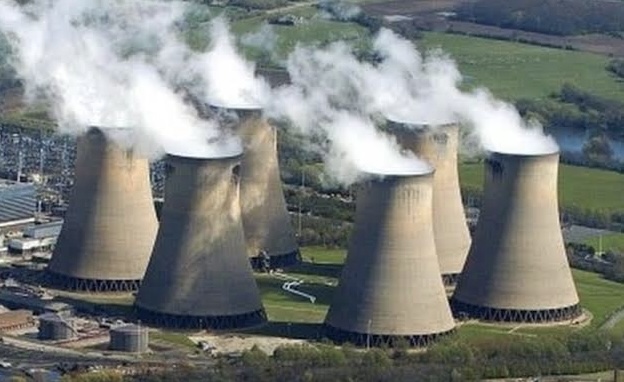Researchers at University College London (UCL) and the International Institute for Sustainable Development (IISD) argue that existing fossil fuel projects are enough to meet predicted energy demands during the global transition to net-zero emissions. Their findings, published in the journal Science, suggest that stopping new fossil fuel projects is essential for countries to achieve their climate goals.
The researchers recommend that governments legislate to ban new fossil fuel projects. They believe this approach is easier politically, economically, and legally than closing operational projects early. The team analyzed future global demand for oil, gas, coal, and gas-fired power generation under scenarios limiting climate change to 1.5°C above pre-industrial levels.
Their analysis revealed that existing fossil fuel capacity is sufficient to meet energy demands under these scenarios. This implies that new fossil fuel projects are unnecessary. The research extends findings from the International Energy Agency (IEA), which stated in a 2021 report, updated in 2023, that no new fossil fuel extraction projects are needed for the transition to net-zero emissions by 2050.
The new study expands on IEA’s work by examining a broader range of scenarios from the UN Intergovernmental Panel on Climate Change’s (IPCC) Sixth Assessment Report. These scenarios also limit climate change to 1.5°C above pre-industrial levels. The researchers concluded that, in addition to no new fossil fuel extraction, no new gas- and coal-fired power generation is needed.
Despite a December 2023 agreement among UN member nations to transition away from fossil fuels, global production and use of fossil fuels continue to expand. Many governments and industry players argue that new fossil fuel projects are necessary during the transition to net zero. The UCL-IISD research contradicts this claim, advocating for a ‘no new fossil fuels’ policy. This policy would prevent new projects for the exploration and extraction of coal, oil, or natural gas reserves and the construction of new fossil fuel power plants.
The authors synthesized evidence from economics, political science, and law to highlight the benefits of banning new fossil fuel projects. They argue that this approach supports the feasibility of the transition to net-zero emissions. Drawing lessons from historical shifts in global ethical norms, such as the abolition of slavery and the banning of nuclear weapons testing, the researchers suggest that banning new fossil fuel projects can build a global norm against them.
Lead author Fergus Green stated that clear and immediate demands resonate more effectively than complex, long-term goals. “Our research draws lessons from past shifts in global ethical norms. ‘No new fossil fuel projects’ is a clear and immediate demand against which all current governments and the fossil fuel industry can be judged,” Green said. “It should serve as a litmus test of whether a government is serious about tackling climate change. If they’re allowing new fossil fuel projects, then they’re not serious.”
The study’s findings underscore the need for a decisive shift in global energy policy. By banning new fossil fuel projects, governments can demonstrate their commitment to climate action and support the transition to a sustainable, net-zero future.
Source: Mining.com



